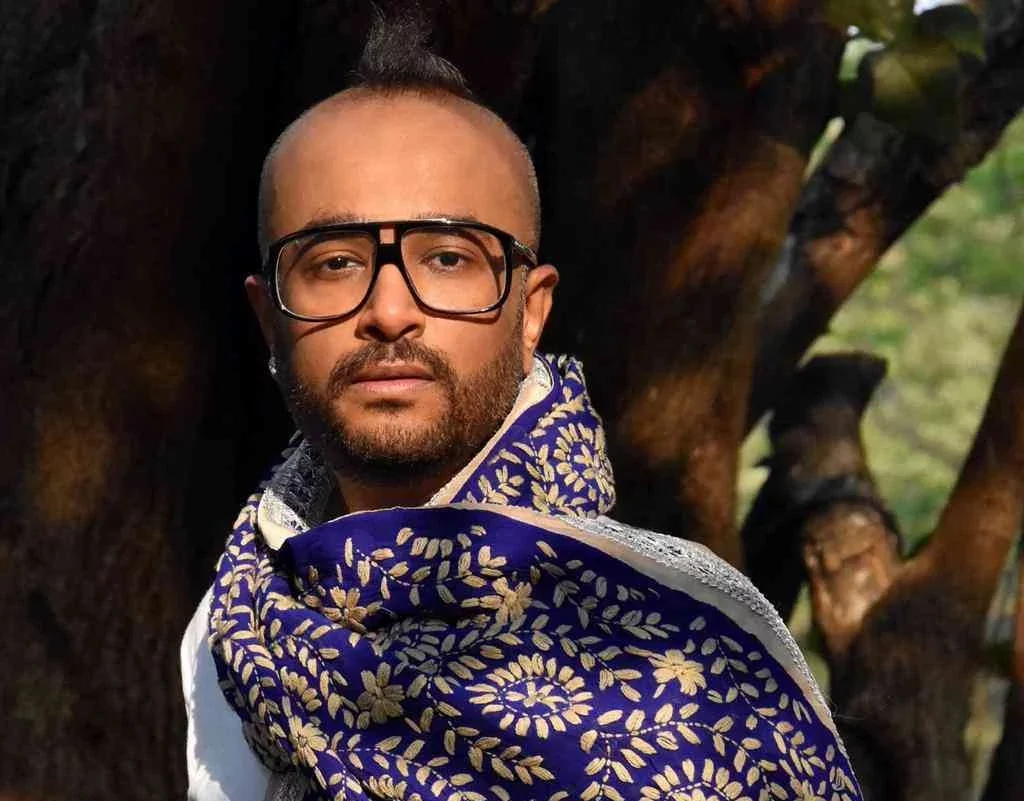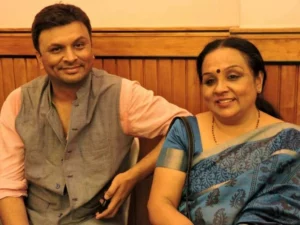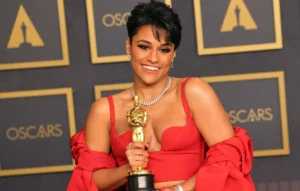Having already studied script writing and direction, Faraz Ansari embarked on his journey to produce India’s first silent LGBT film named “Sisak”. The movie has been submitted to Cannes 2017 and expects a premiere in the festival this year.
Being a homosexual himself, Faraz states how the story of the short film is close to his heart and what drove him to make the movie.
“I have attended many LGBT festivals. I have noticed a normal trend which is followed by movies of such a nature. The films were very verbose, cluttered and mostly very depressing. I wanted to unclutter the whole mess about Homosexuality. ”
While attempting to write a story, he realized how there weren’t many lines. Everything was being conveyed with ease without the use of words.
“They never teach you to make silent films. How will you make a silent film? It is something that has to come from within. As a filmmaker, I had to sit down and really research this and discuss it with my Director of Photography.”
Faraz Ansari has come a long way from directing Theatre productions in schools at the tender age of 16, working for MTV-USA and later serving as an assistant director with Amol Gupta for Stanley Ka Dabba.
When asked about his journey and hardships to make his own production initiative Sisak a reality, he states –
“We had no money and nobody wanted to produce it. Firstly, it was a gay film. On top of that, it was a silent film. I had to invest more than half of my own savings.”
Furthermore, they had to carefully plan for 6 months about the number of hours they would have had to dedicate in the trains. Taking permission for the shoots was out of the question because of paucity of financial resources.
“Shooting in one of the most crowded public transports of the world and trying to tell a story about love conveyed through silence where it is considered a crime. Basically, we were trying to run against the wind.”
Auditioning 300 actors for the film, we later realized that the selected candidates were reluctant to work with us because they realized that they were being asked to play a homosexual and it might have somehow worked as a hindrance for their careers.
” It was very depressing.”
Yet, he overcome such burdens for what he believed his responsibility as a film maker required him to do.
“A filmmaker is as strong as a Prime Minister. The Prime Minister is consciously working on the minds of the people. A filmmaker is subconsciously changing mindsets. It becomes a bigger responsibility. Hence, I tried my best to solve such hurdles.”
When further asked about the kind of reception he received for the film, he states
“This is my first tryst with the media with a homosexual film. I have gotten full pages in The Hindu, Midday and Mumbai Mirror. The media has been very supportive of it. ”
As for the film viewers-
“I have gotten really fantastic reactions over social media for my film. One of the reactions touched me a lot. A straight man told me that when he saw the film, he thought of two people naturally falling in love with each other. It did not occur to him that the story was about two men falling in love. Such responses are very overwhelming. ”
This was the kind of response he looked forward to. He further adds-
“I want the straight community to realize that it is such a big difficulty for people to come out. Denial and lies. (Overcome with emotions) You have to wake up every morning living a lie which is just not right. Every time someone discriminates against you and the whole mental battle within our minds sarts again.”
He tries to set the message straight for others with similar privileges and what the privilege entails for them-
“We must never forget privilege. Lack of privilege is equivalent to a disability. As I was privileged, I can sit in front of you and talk about making an LGBT love story in a nation which calls it a crime. What about the disadvantaged. They have bigger battles to fight. Survival being one of them. Does that lessen their battle of Sexuality. It does not. It is just as much as hard for them as it is for anyone else. People who are going through bigger and larger things which nobody is aware about as nobody is talking about it. It becomes our responsibility to obliterate such an ignorance.”
His suggestion to other filmmakers is
“Put something out there which is genuine and has a slice of life without it surrendering to stereotypes. There are numerous examples in Bollywood where we see people of the LGBT community shown as a comic relief, vile, wife snatchers etc. When a minority has gone through so much and you have the responsibility to do something else yet you go forward with such portrayals which later becomes harmful.”
When asked about his thoughts on FSOG, he had the following to add-
“I am so glad that FSOG is doing what most of many only dream of. Your courage, your belief, your support and your sheer kindness to bring out the LGBTQ community into the limelight, celebrate and talk about individuals and give such a wonderful platform is truly a landmark and a milestone. Your work is going to leave such a strong legacy of the Queer community and will be cherished for generations to come. More power to FSOG.”



